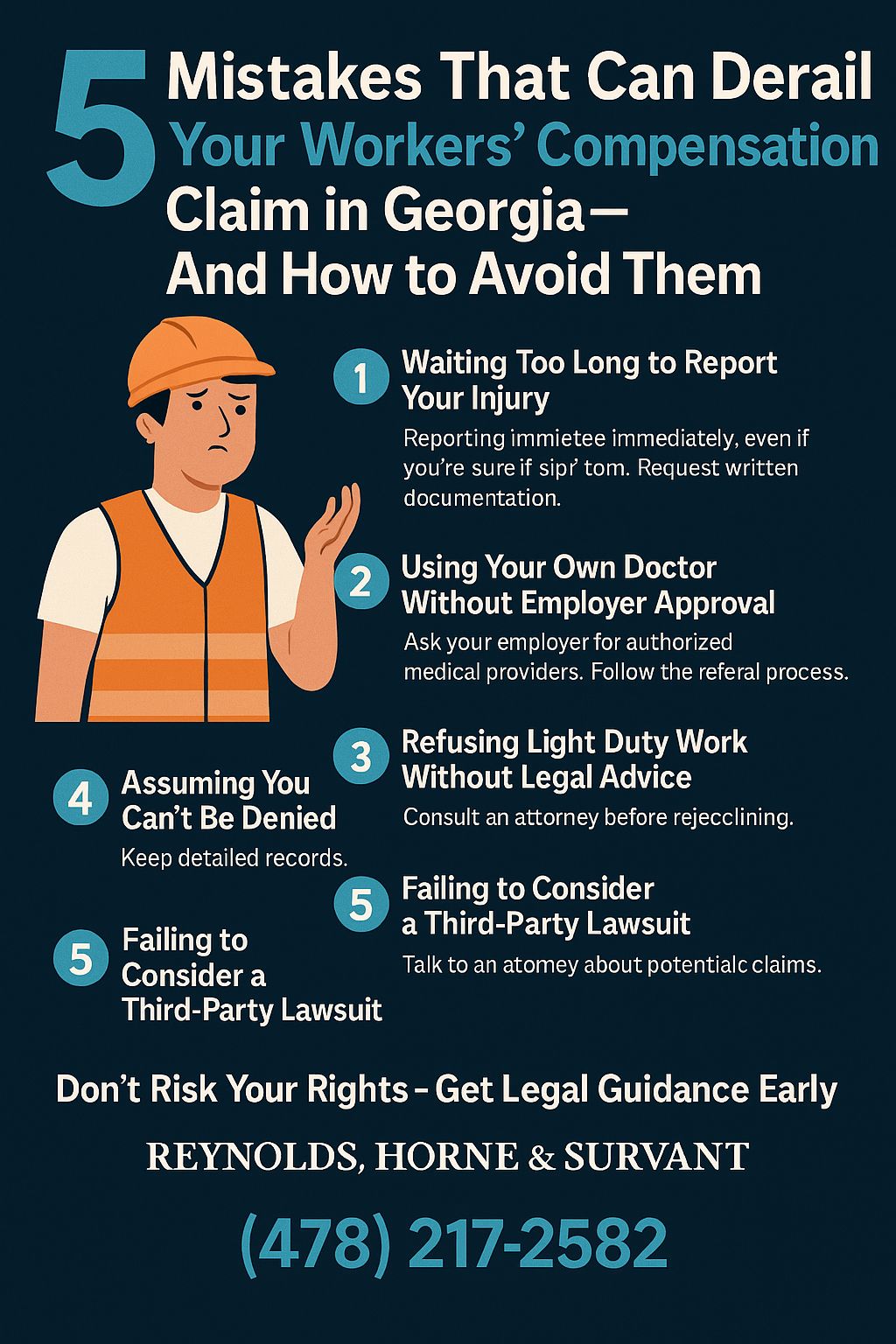DUI – Driving under the Influence
Macon Personal Injury Lawyer Joe Boyd explains the standards and requirements for a DUI arrest. The only certain way to determine if a person is driving under the influence is a chemical test of the breath or blood. Because giving those tests to every motorist every time would be costly and time consuming, an officer has the liberty to use other supporting evidence to determine if a person is driving under the influence. There are three types of evidence the arresting officer relies upon to decide if the person should be arrested and charged with DUI.
These are:
1) General behavior
- Erratic driving
- Slurred speech
- Smell of alcohol on the driver or in the car
2) Field Sobriety Test
- Walking a straight line
- Standing on one foot
- Reciting the alphabet backwards
3) Chemical Tests (blood/breath)
If an officer feels that you meet points one and two, then he has “probable or reasonable cause” and you may be arrested for DUI. You have the right to refuse the chemical tests of your breath or blood. But doing so, could backfire, as your refusal can and will be used as evidence that you had been driving under the influence. Your license can also be suspended.
If you have been pulled over and are about to be arrested for DUI, you must weigh the risk of being tested and potentially having a high content result, or refusing the test and risking the consequences of that refusal later in court.




